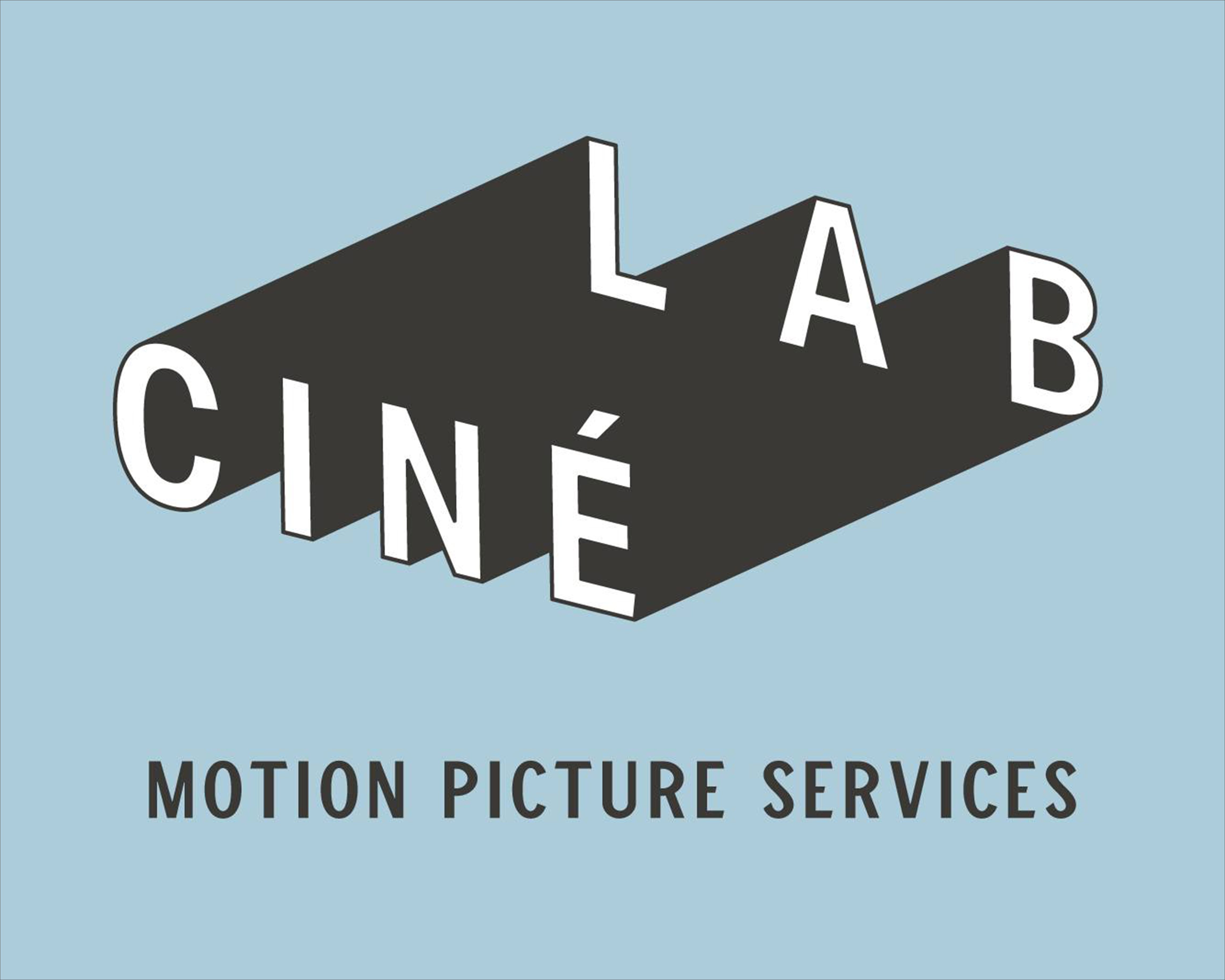Victor Ramirez
New member
To preface, I have studied the fundamentals of shot composition, am a veteran photographer and am asking this question in regards to story telling and style.
I have heard numerous directors and cinematographers speak about watching a film with the sound off to appreciate the technique and not get immersed in the story itself.
Can anyone give advice or their experience with watching films in this manner? I have done this for a few movies but with modern films, there will be 20 or more cuts from just as many shots in under a minute.
How can I learn without having to pause it every few seconds?
I want to learn how to best convey messages and story from the filmmakers I admire most.
I have heard numerous directors and cinematographers speak about watching a film with the sound off to appreciate the technique and not get immersed in the story itself.
Can anyone give advice or their experience with watching films in this manner? I have done this for a few movies but with modern films, there will be 20 or more cuts from just as many shots in under a minute.
How can I learn without having to pause it every few seconds?
I want to learn how to best convey messages and story from the filmmakers I admire most.





